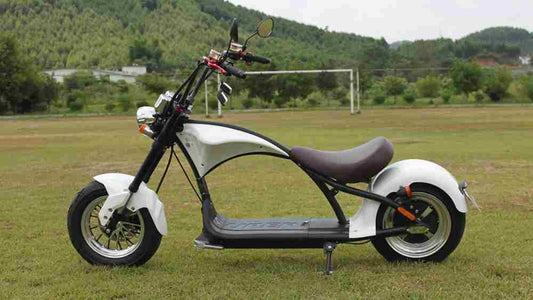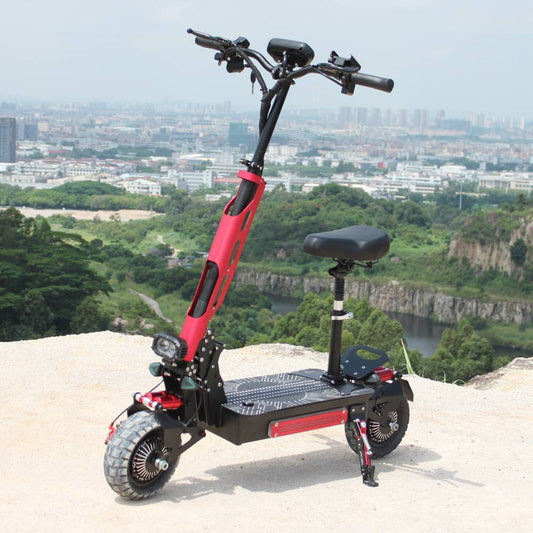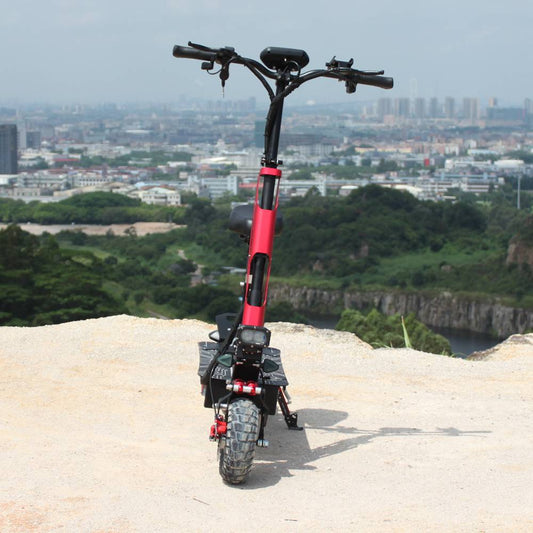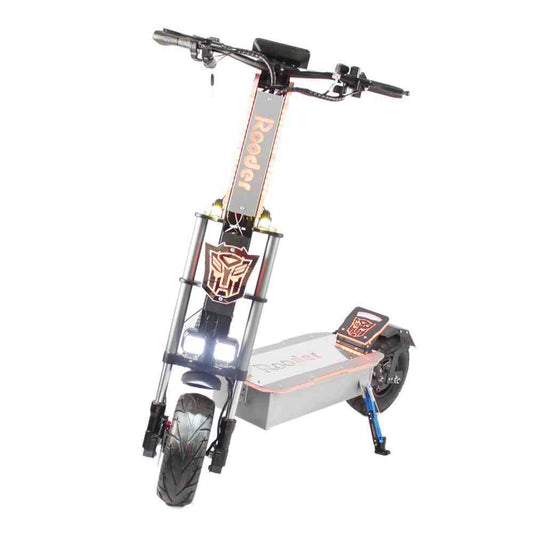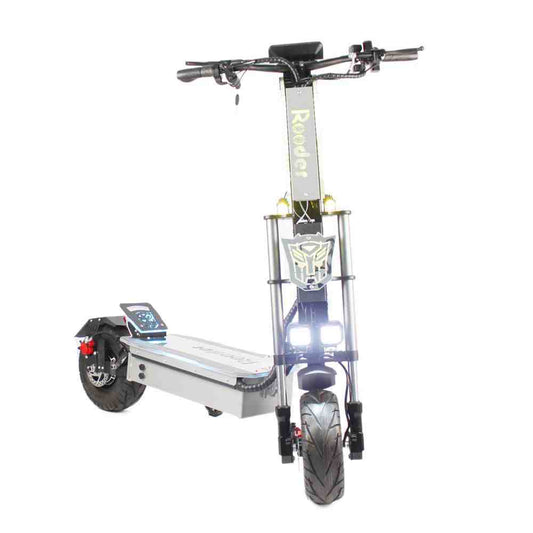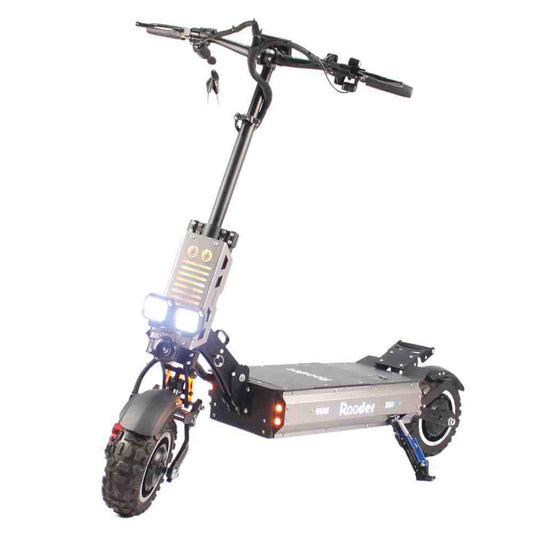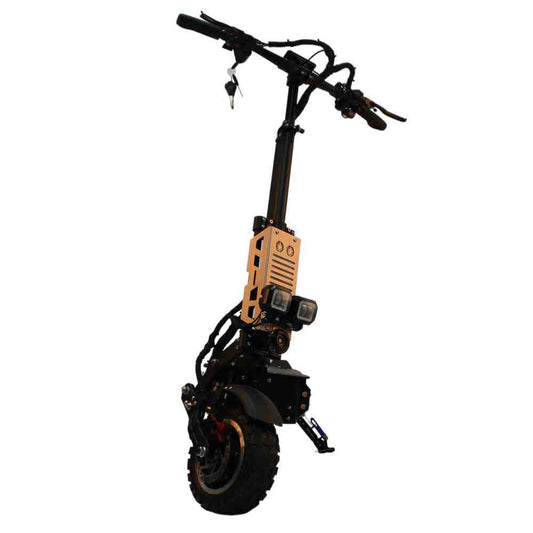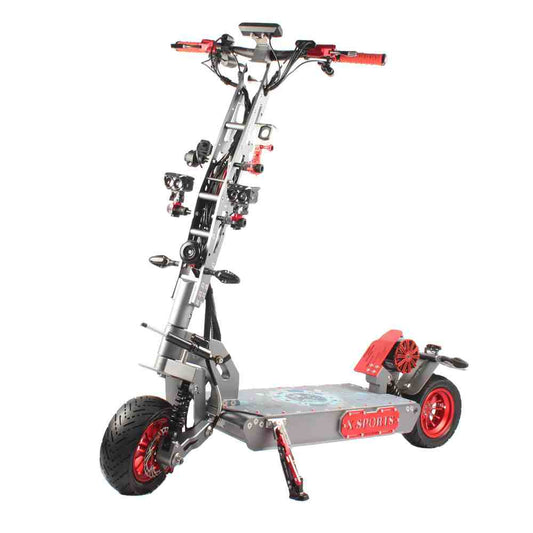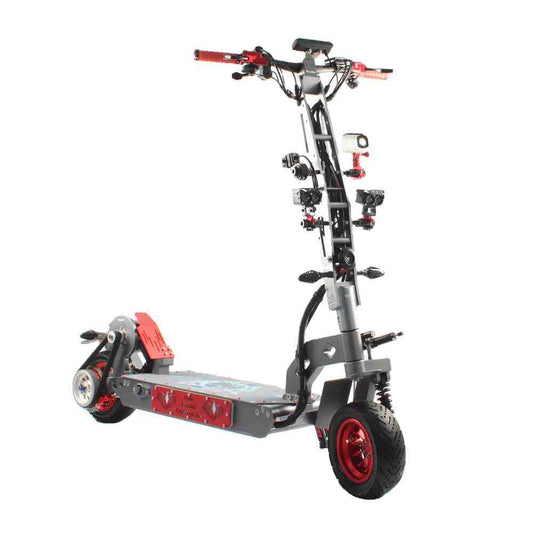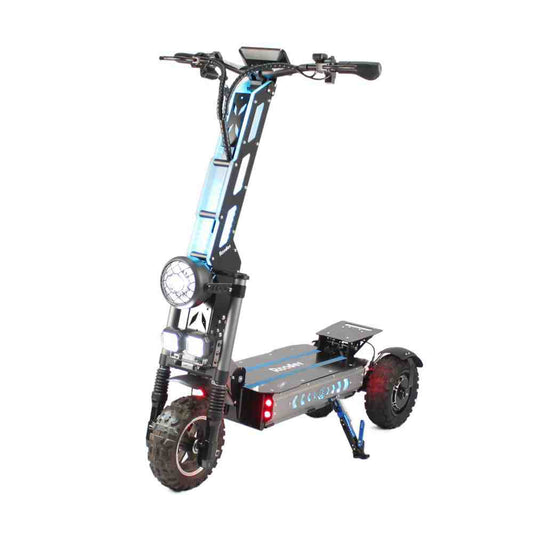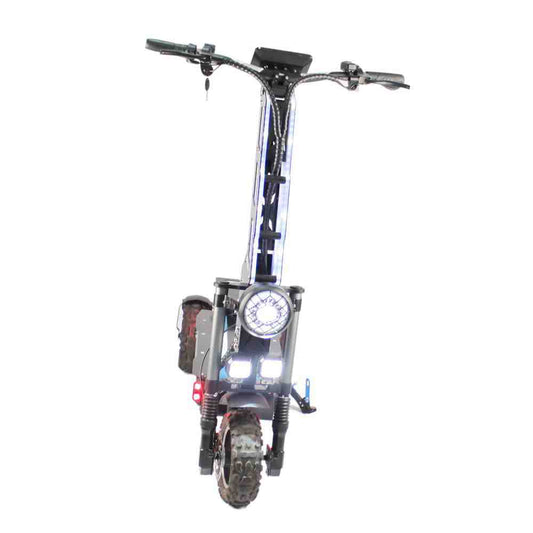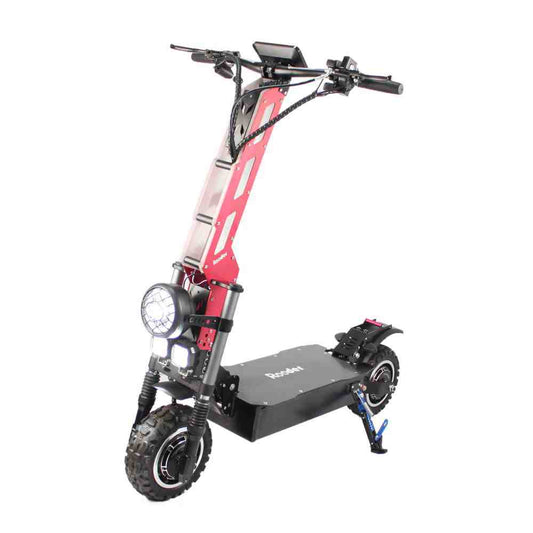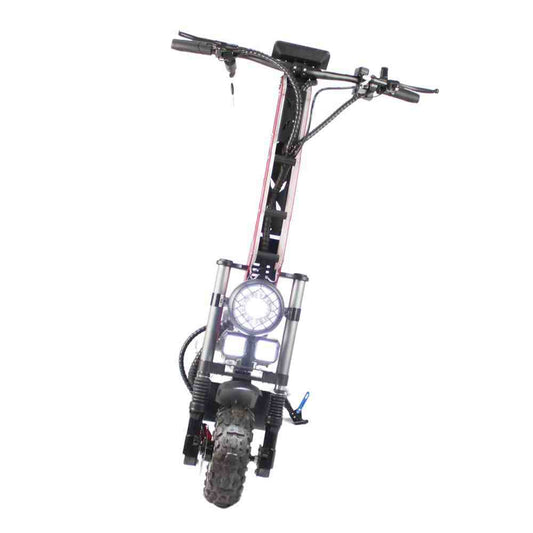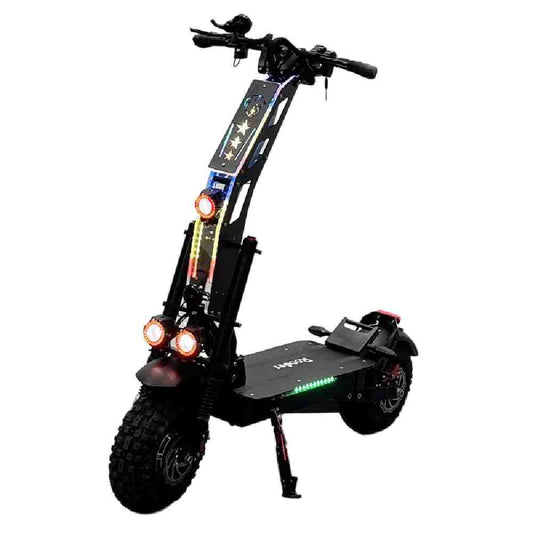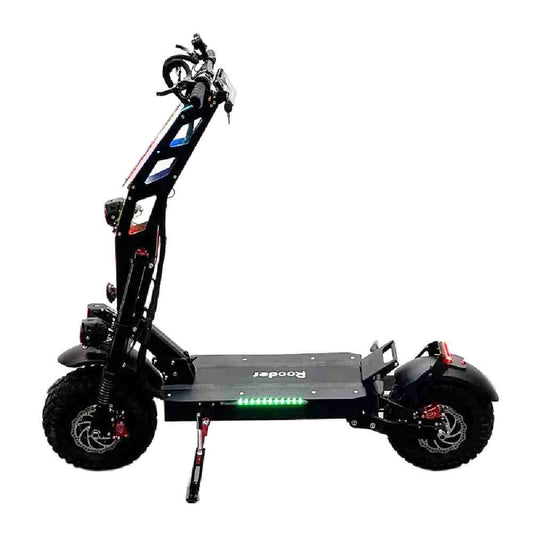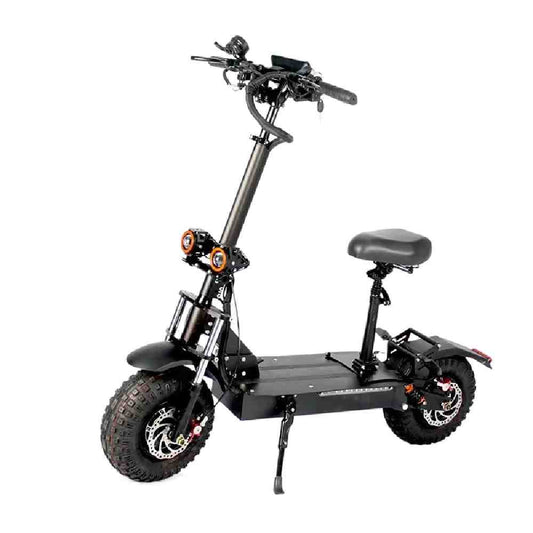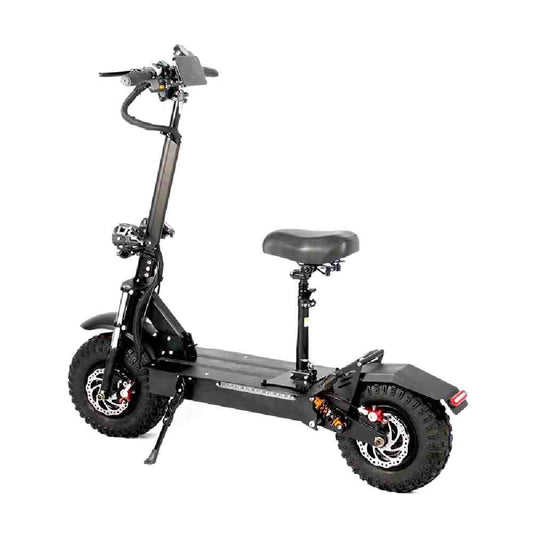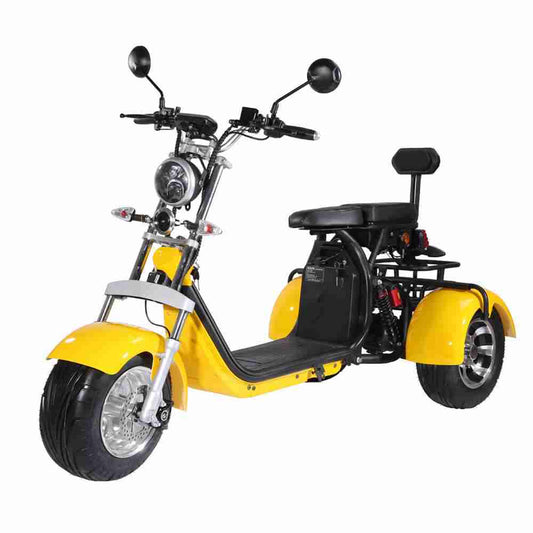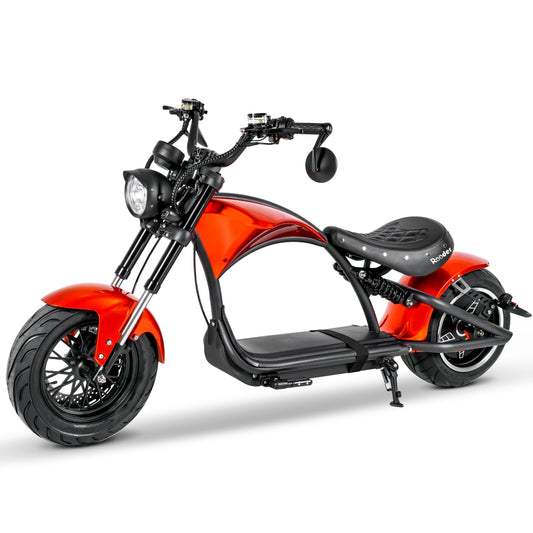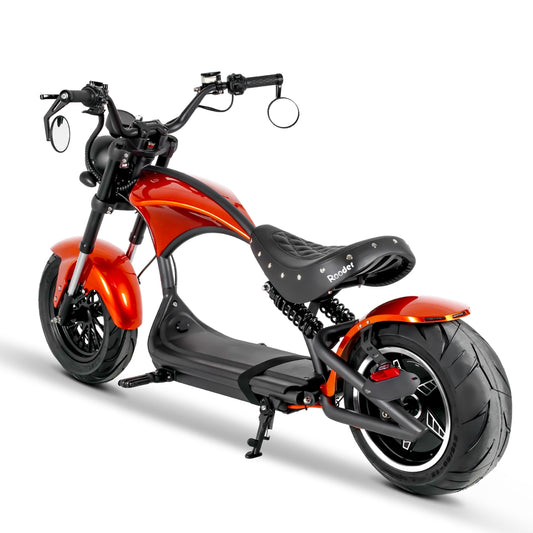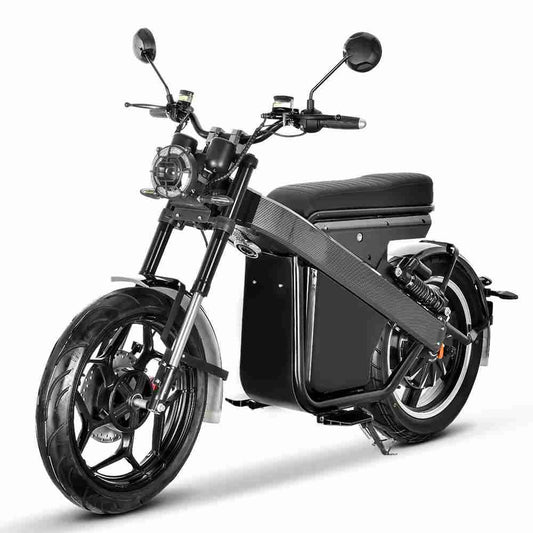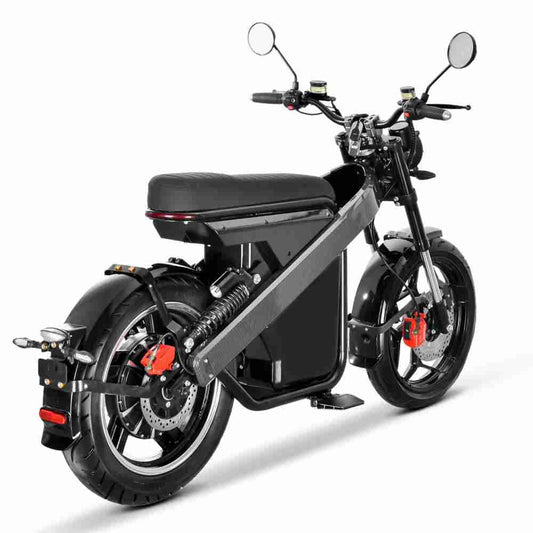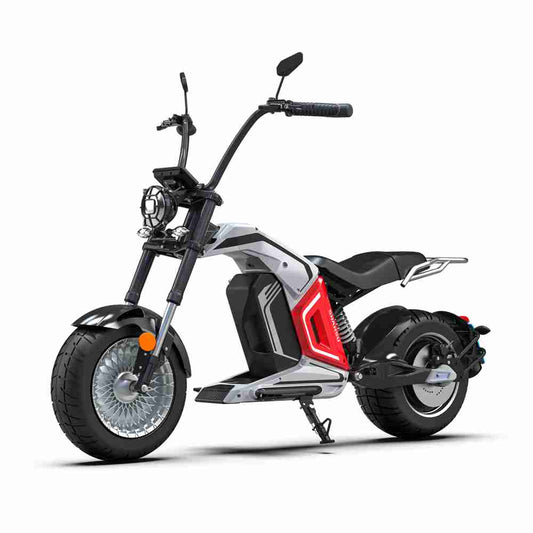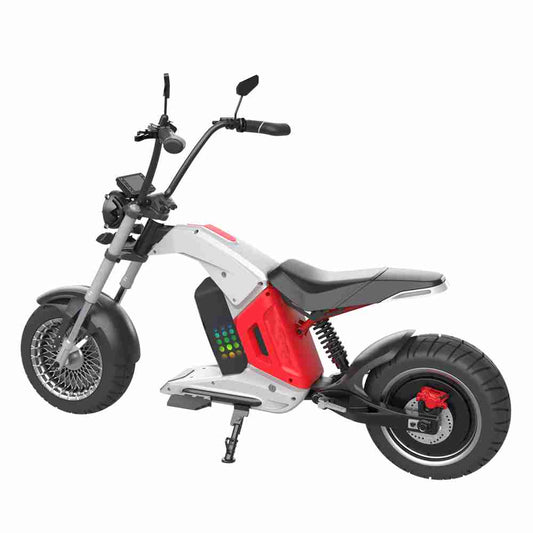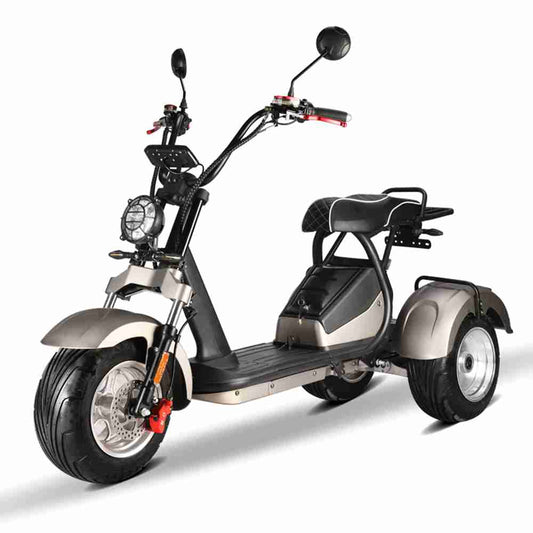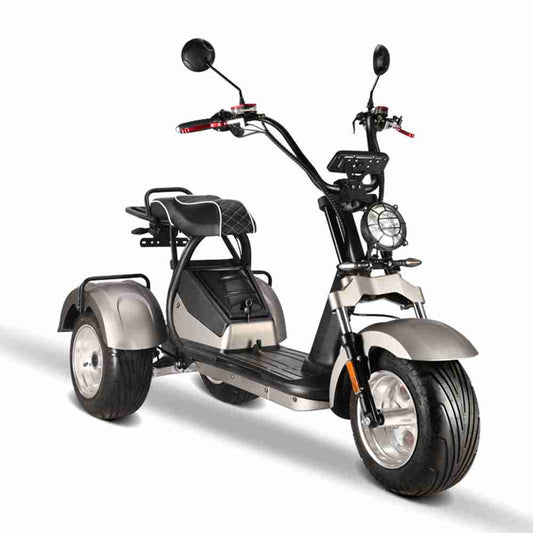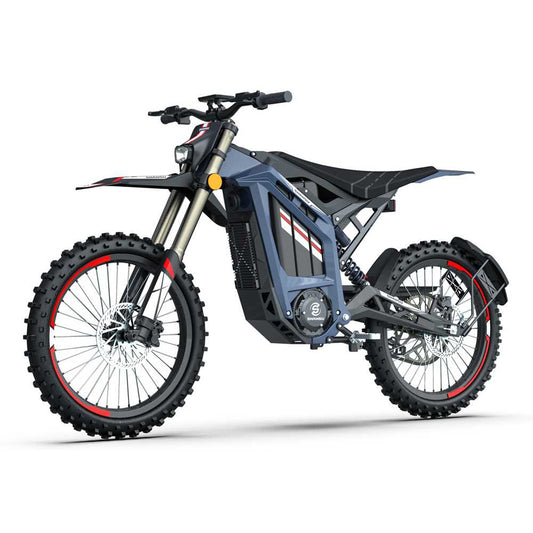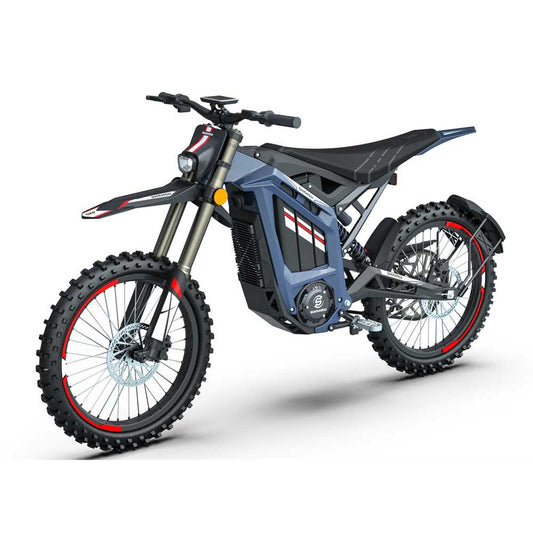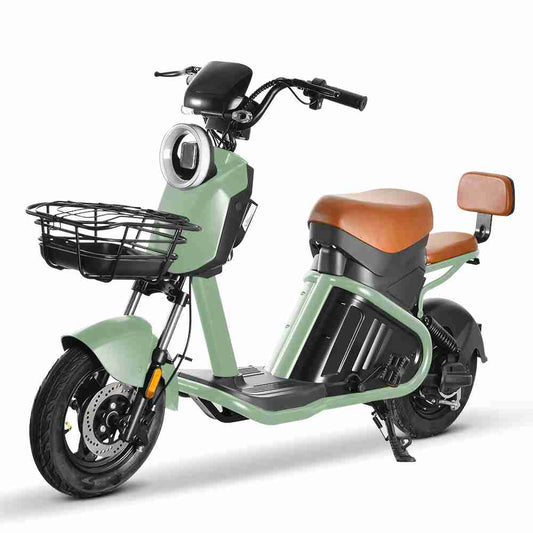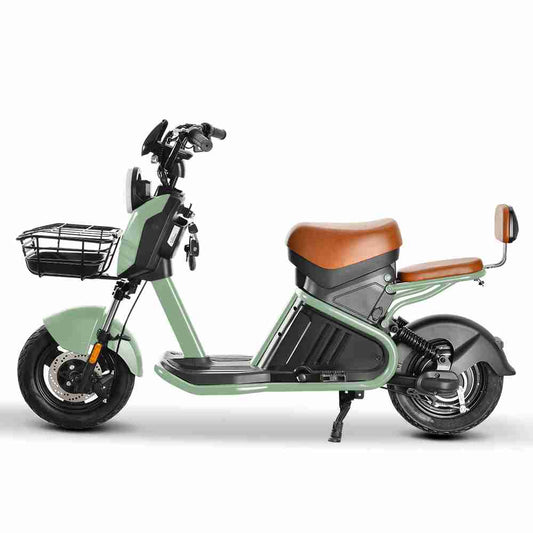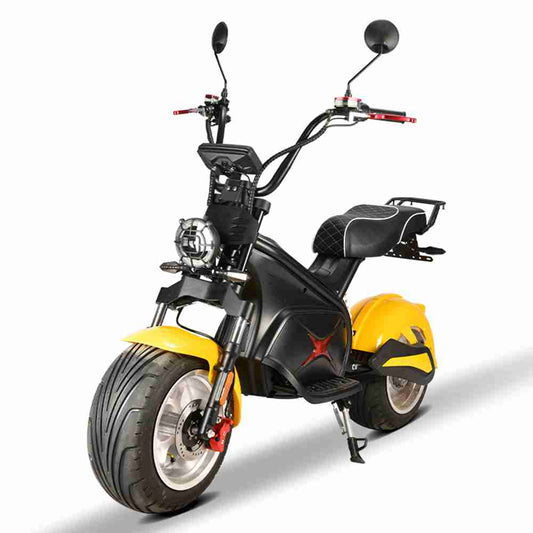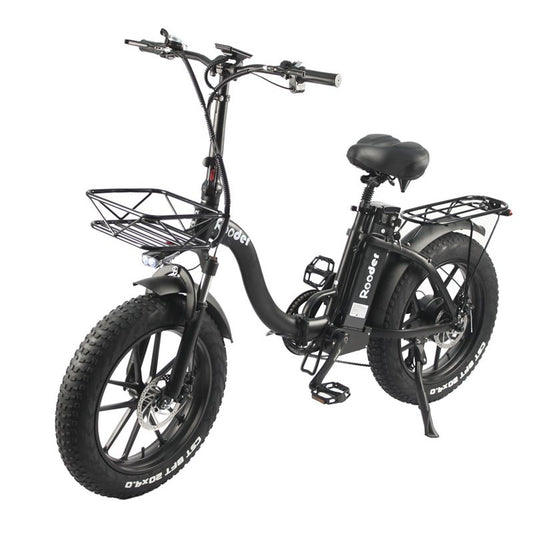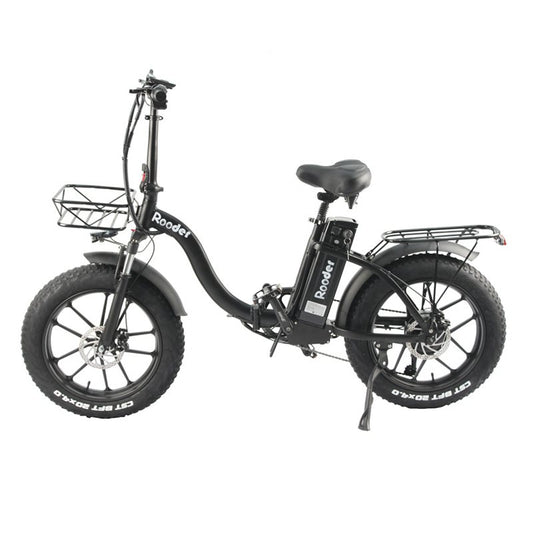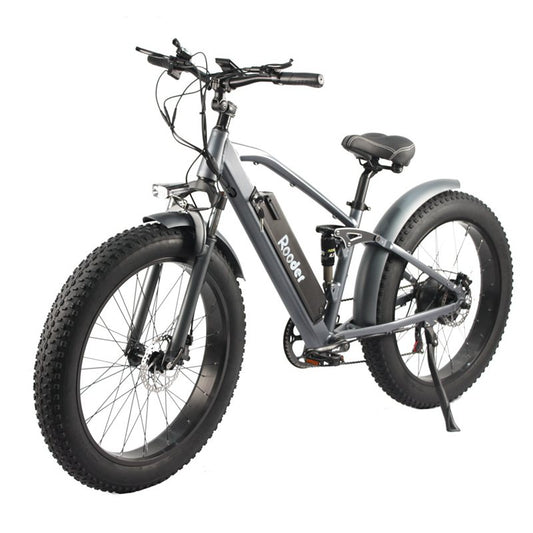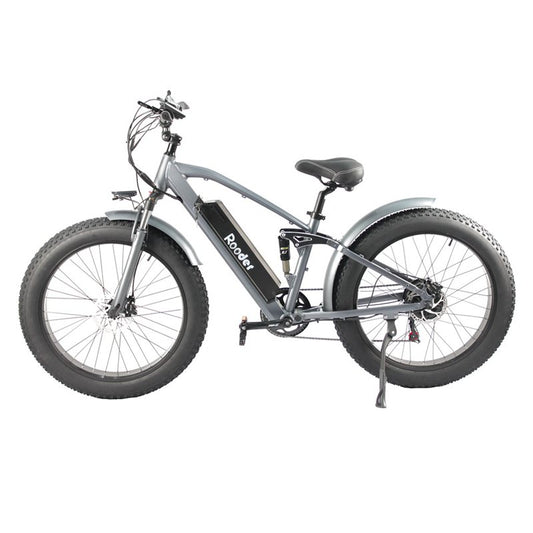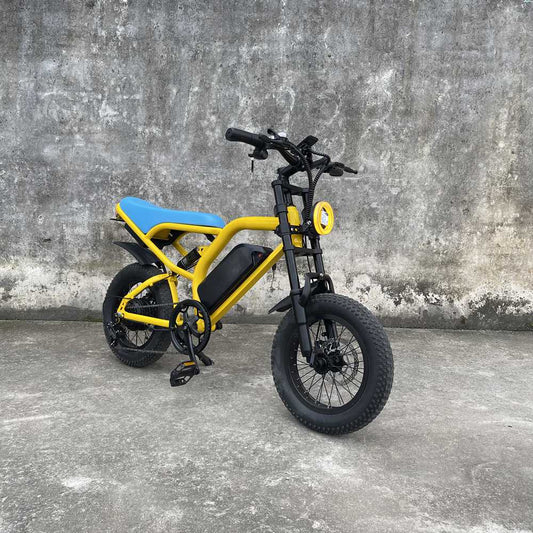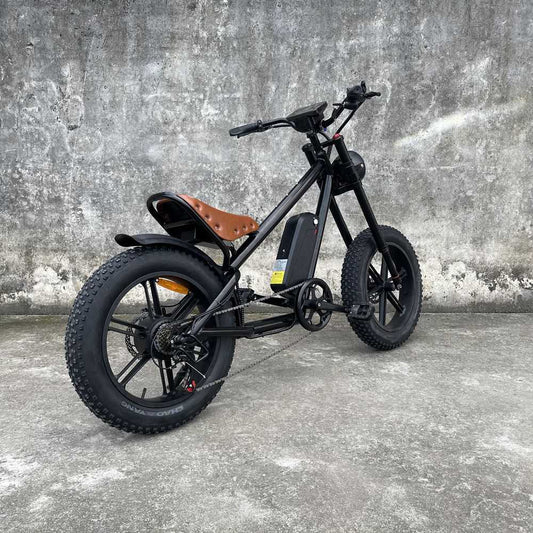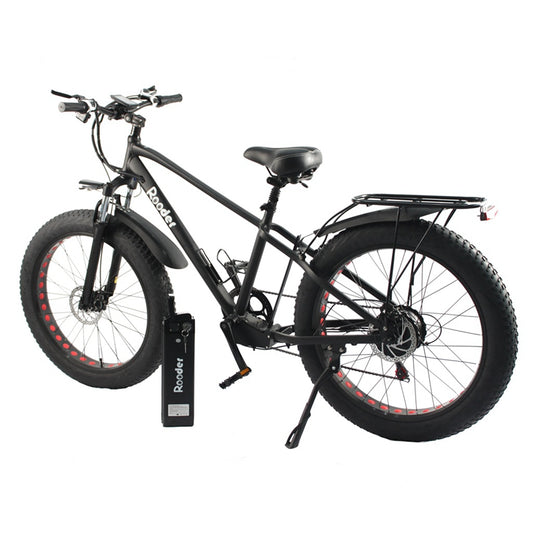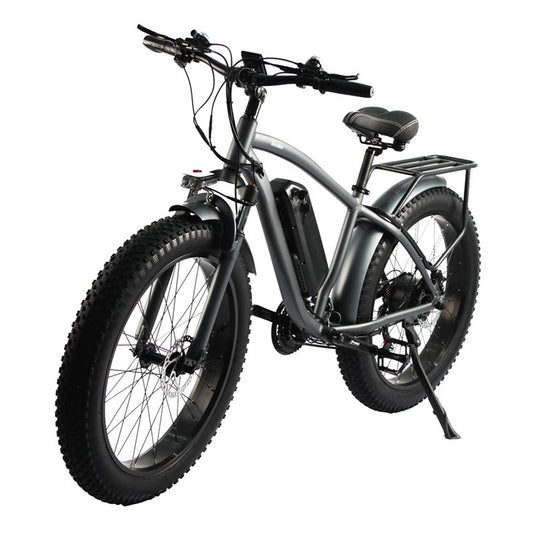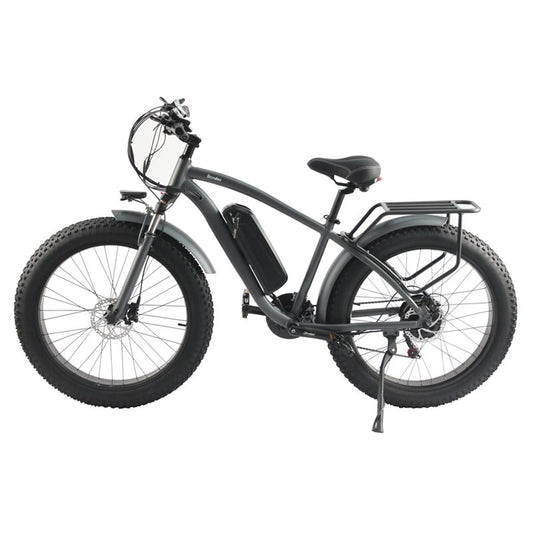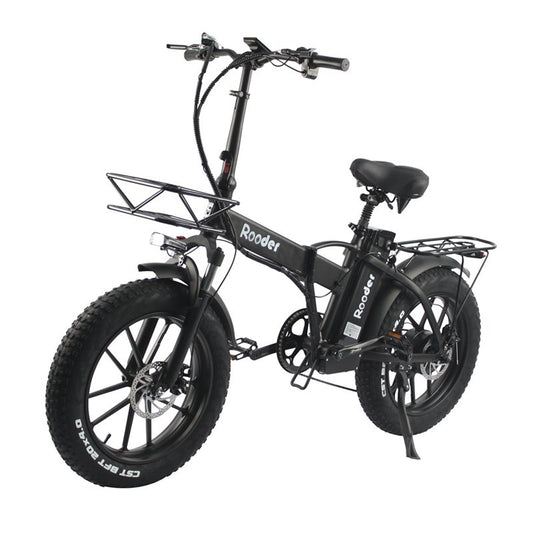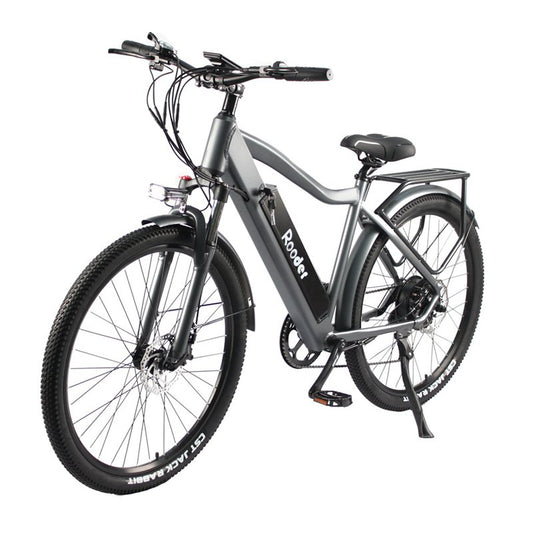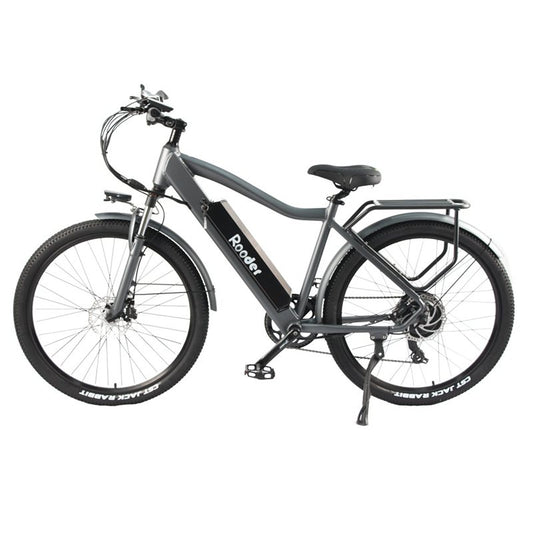- Introduction from Rooder Technology Limited
Definition and Introduction to Scootting
Scootting, the act of using electric scooters for commuting, has rapidly emerged as a convenient and eco-friendly mode of transportation. With the rise of scooting, a remarkable transformation is underway in the job market. This article delves into how scooting is not only changing the way we travel but also creating job creation opportunities that contribute to the future economy.

- The Growing Trend of Scootting
In recent years, scooting has gained immense popularity across the globe. Urban dwellers are increasingly turning to electric scooters as a solution to their commuting woes. According to recent data, the number of shared scooter trips has surged, highlighting the growing trend.
Importance of Job Creation in the Modern Economy
In today’s fast-paced world, job creation plays a pivotal role in driving economic growth. The ability of an industry to generate employment opportunities is a key indicator of its significance. The scooting industry, with its expanding scope, is becoming a job powerhouse, offering diverse roles and career paths.
The Rise of Scootting Industry
Overview of Scooter-Sharing Services
Scooter sharing services have revolutionized the way people move within cities. Companies like Lime, Bird, and Spin have introduced fleets of electric scooters that can be easily rented through mobile apps. These services provide an efficient and cost-effective solution for short-distance travel.
Expansion of Electric Scooter Market
The electric scooter market has witnessed phenomenal growth in recent years. With increased consumer demand for eco-friendly transportation options, manufacturers have flooded the market with innovative electric scooters. This expansion not only drives innovation but also opens up job opportunities in manufacturing, assembly, and maintenance.
Environmental Benefits of Scootting
One of the most compelling aspects of scooting is its positive environmental impact. Electric scooters produce zero emissions, making them an eco-conscious choice. As cities grapple with air pollution and congestion, the adoption of electric scooters can significantly reduce carbon footprints, contributing to a cleaner environment.
- Job Opportunities in Scootting Industry
Scooter Maintenance and Repair Jobs
Mechanic Training and Skills
To keep fleets of electric scooters in top shape, skilled mechanics are in high demand. These professionals undergo specialized training to repair and maintain scooters, ensuring their safety and functionality.
Repair Shops and Centers
The proliferation of electric scooters has led to the establishment of repair shops and maintenance centers. These facilities provide crucial job opportunities for mechanics and support staff.
Fleet Management and Operations
Fleet Supervisors
Managing a fleet of electric scooters requires a team of supervisors who oversee daily operations, ensuring that scooters are strategically placed and well-maintained.
Operations Managers
Experienced operations managers are responsible for optimizing the efficiency of scooter fleets. They strategize deployment, maintenance schedules, and workforce management.
Mobile App Development for Scootting Platforms
Software Engineers
The technology behind scooter-sharing platforms is sophisticated. Software engineers are crucial for developing and maintaining the apps that allow users to locate and rent scooters easily.
UX/UI Designers
User experience (UX) and user interface (UI) designers ensure that scooter-sharing apps are user-friendly, engaging, and visually appealing.

- The Gig Economy and Scooting
The Role of Gig Workers in Scooting
The gig economy has seamlessly integrated with the scooting industry. Gig workers, often referred to as “juicers” or “chargers,” play a vital role in collecting, charging, and redistributing scooters to ensure their availability for users.
Earnings Potential for Gig Workers
Gig workers in the scootting industry have the flexibility to work on their own schedules. They earn income by collecting and charging scooters, and many find this work financially rewarding.
Challenges and Benefits of Gig Work in Scootting
While gig work in scooting offers flexibility and income opportunities, it also comes with challenges such as weather-dependent earnings and physical demands. Nevertheless, it remains an attractive option for those seeking supplementary income.
- Government Initiatives and Regulations
Local Regulations on Scooting
Local governments have introduced regulations to ensure the safe and responsible use of electric scooters. These regulations impact scooter companies’ operations and create job roles in compliance and regulatory affairs.
Government Support for Scootting Startups
Some governments are actively supporting scooting startups through grants, subsidies, and infrastructure development. This support not only encourages job creation but also fosters innovation in the industry.
Balancing Regulation and Innovation
Finding the right balance between regulating the scooting industry and allowing innovation to thrive is a challenge that governments face. Striking this balance is crucial to ensure job stability and growth.
- Scooting and Sustainable Transportation
Reducing Traffic Congestion
Scooting contributes to reducing traffic congestion in urban areas. As more people opt for scooters over cars, cities experience less gridlock, which positively affects productivity and job accessibility.
Decreasing Carbon Footprint
The adoption of electric scooters helps reduce the carbon footprint of urban transportation. This environmental benefit aligns with the global shift towards sustainability and cleaner energy sources.
Promoting Eco-friendly Commuting
Scooting encourages people to use a more environmentally friendly mode of transportation, which helps create a greener future.
- Community Impact of Scootting
Improved Mobility in Urban Areas
Scooting enhances mobility in urban areas, making it easier for residents to navigate densely populated cities. This improved mobility positively impacts job access and opportunities.
Economic Boost for Local Businesses
As more people use electric scooters, local businesses benefit from increased foot traffic. Cafes, convenience stores, and service providers in scooter-friendly areas see a rise in customers, creating additional job opportunities.
Social Engagement and Connectivity
Scooting fosters social engagement and connectivity within communities. It encourages people to explore their surroundings and interact with one another, creating a sense of belonging and community.
- Training and Education for Scootting Jobs
Vocational Training Programs
Vocational training programs are emerging to equip individuals with the skills needed for scooting-related jobs. These programs offer hands-on training in scooter maintenance and operations.
Online Courses for Scootting Careers
The digital age has given rise to online courses that cater to those interested in pursuing careers in the scooting industry. These courses provide flexibility and accessibility to a wide range of learners.
Certifications and Skill Enhancement
Certifications in scooter maintenance and operations are becoming increasingly valuable in the job market. These credentials validate an individual’s skills and can lead to better employment prospects.
- Case Studies of Successful Scootting Startups
Example 1: Scootly
Founding Story
Scootly, a scooter-sharing startup was founded by a group of young entrepreneurs with a vision to revolutionize urban transportation. They saw the potential for job creation through their innovative business model.
Job Creation Impact
Scootly’s expansion to multiple cities has led to the creation of hundreds of jobs, including mechanics, operations managers, and gig workers. Their success story showcases the positive impact of scooting on employment.
Example 2: ElectraScoot
Unique Business Model
ElectraScoot stands out with its unique approach to scootting. They have partnered with local businesses to create charging hubs, providing additional income opportunities for gig workers.
Community Involvement
ElectraScoot actively engages with the community by participating in local events and supporting eco-friendly initiatives. This community involvement has bolstered their brand and job creation efforts.
- Challenges and Future Prospects
Regulatory Hurdles and Safety Concerns
Despite its potential, the scootting industry faces regulatory challenges and safety concerns. Balancing the need for safety with innovation is a continuous struggle that requires careful consideration.
Competition Among Scootting Companies
Competition is fierce among scooter-sharing companies, leading to innovation and job creation. However, it also poses challenges for startups entering the market.
Technological Advancements in Scootting
The future of scooting holds promises of technological advancements, including improved battery life, enhanced safety features, and increased connectivity. These innovations are likely to generate new job opportunities.

- FAQs (Frequently Asked Questions)
A: Scooting involves using electric scooters for short-distance travel, offering a convenient and eco-friendly alternative to traditional commuting methods like cars or bicycles.
Q: How do electric scooters contribute to reducing pollution?
A: Electric scooters produce zero emissions, helping reduce air pollution and lower carbon emissions, making them an environmentally friendly choice.
Q: What types of jobs are available in the Scootting industry?
A: Job opportunities in the scooting industry include mechanics, operations managers, software engineers, gig workers, and more.
Q: Is Scootting considered a sustainable form of transportation?
A: Yes, Scootting is considered sustainable due to its eco-friendly nature and potential to reduce traffic congestion.
Q: Are there any age restrictions for using electric scooters?
A: Age restrictions for scooter users vary by location, but they generally require riders to be at least 18 years old.
Q: What are the key safety measures when using shared scooters?
A: Key safety measures include wearing a helmet, obeying traffic rules, and riding in designated areas. Riders should also check the scooter’s condition before use.
Q: How can I get involved in the Gig Economy related to Scootting?
A: You can get involved in the gig economy by signing up as a gig worker with a scooter-sharing platform. These platforms often offer opportunities for collecting, charging, and redistributing scooters.
Q: What are some successful examples of Scootting startups?
A: Successful startups like Scootly and ElectraScoot have created jobs and made a positive impact on urban transportation.
Q: How can governments support the growth of Scootting while ensuring safety?
A: Governments can support the industry through regulations that prioritize safety, infrastructure development, and financial incentives for sustainable transportation initiatives.
Q: What are the potential challenges for the Scootting industry in the future?
A: Challenges include regulatory hurdles, competition, and the need to keep up with technological advancements. Balancing these factors will be crucial for industry growth.
- Conclusion
In summary, scooting isn’t just a way to get around; it’s also a significant source of job opportunities in today’s economy. It provides various career options, including mechanics, app developers, gig workers, and operations managers. As the scooting industry continues to expand, it’s not only transforming transportation but also creating numerous job prospects. So, whether you’re thinking about a career change or simply curious about this innovative field, keep an eye on scooting – it could be your pathway to a new job or a solution for your daily commute. Embrace this change and be part of the scooting revolution!




